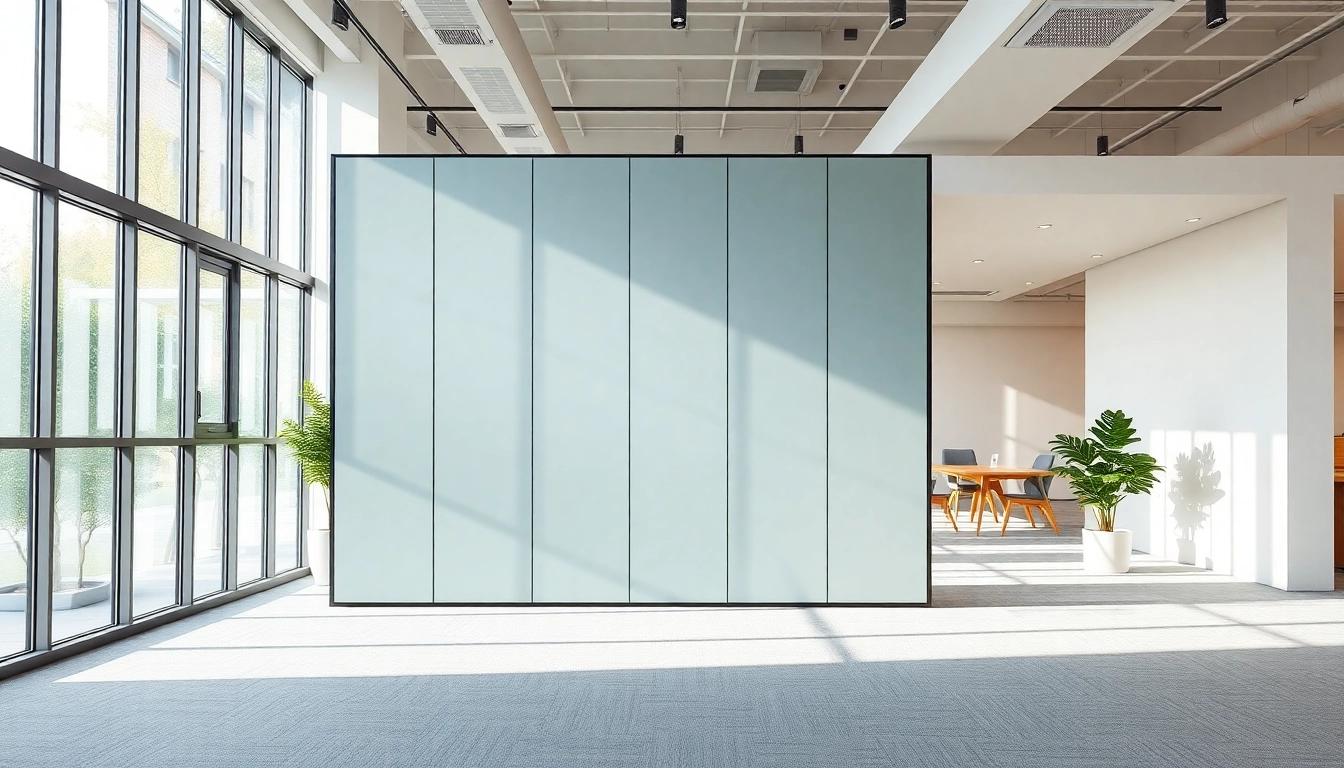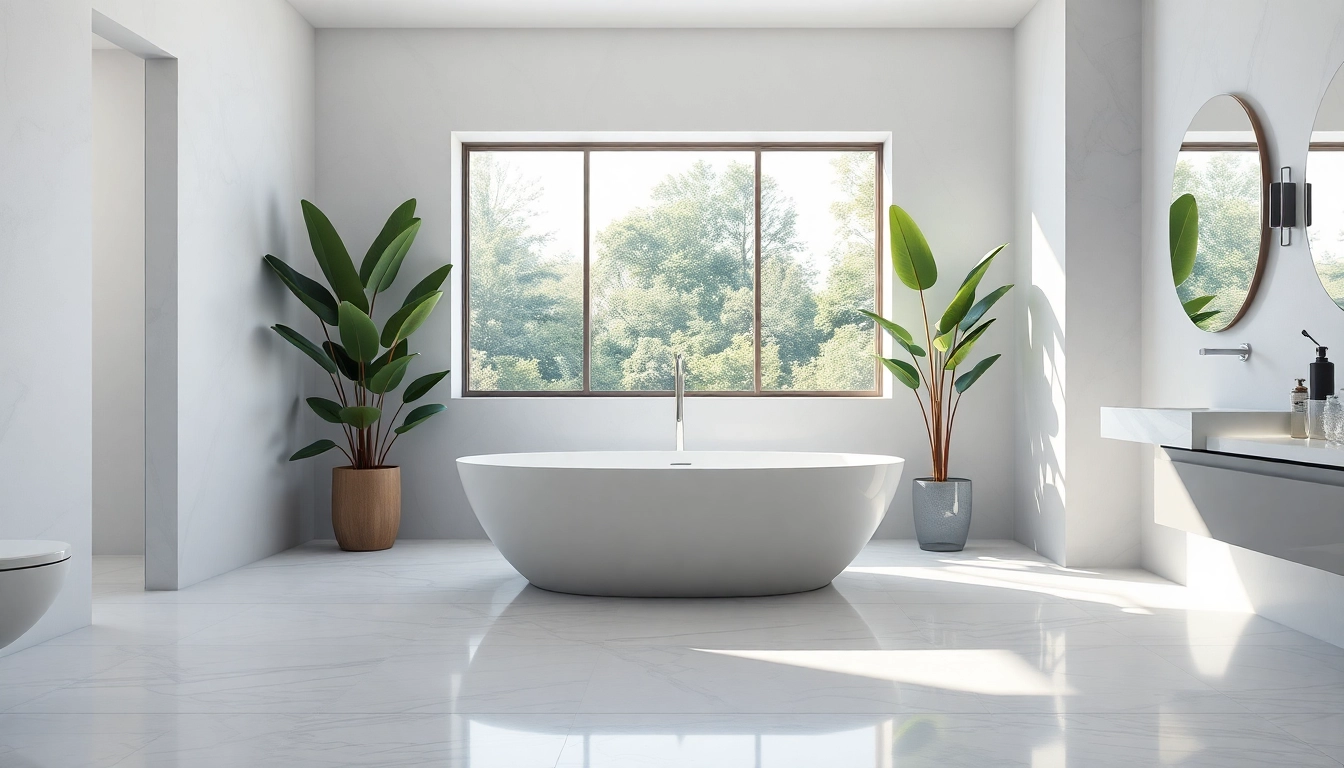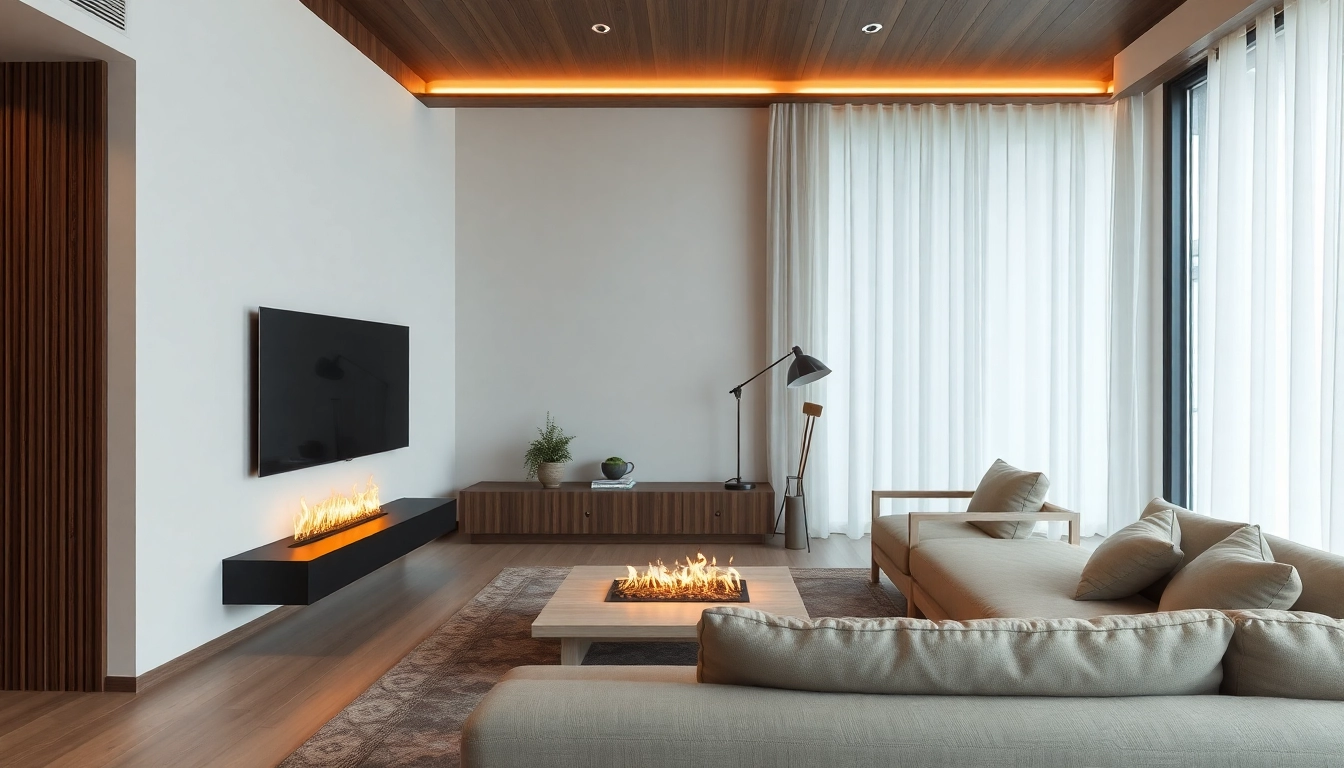Introduction to Folding Partition Walls
In today’s dynamic environments, from bustling offices to serene residential spaces, the demand for flexible and efficient space management is on the rise. Among the solutions that meet this need are Folding Partition Walls, which not only serve practical purposes but also enhance the aesthetic appeal of a space. These innovative designs allow for the quick transformation of areas, adapting them to various functions and activities with ease.
What is a Folding Partition Wall?
A folding partition wall, sometimes known as an operable wall, is a movable wall system that divides spaces within a structure. Unlike traditional walls that are permanent and fixed, folding partitions can be opened and closed, allowing the user to modify the layout as needed. These walls are often employed in commercial settings, such as conference rooms, restaurants, and educational institutions, to create flexible environments that can accommodate different group sizes and functions. They can take many forms, including solid walls, glass partitions, or acoustic options.
Benefits of Using Folding Partition Walls
Folding partition walls present a multitude of benefits across various sectors:
- Space Optimization: Utilize your space more effectively by altering configurations according to needs, thereby maximizing the utility of each area.
- Sound Control: Advanced acoustic properties help block sound transmission, making these walls ideal for offices, schools, and other environments requiring privacy.
- Aesthetic Flexibility: Available in various materials and finishes, folding partitions allow for customization that complements any decor, enhancing the overall look of the space.
- Cost Efficiency: They reduce the need for extensive renovations, offering a budget-friendly alternative to permanent walls.
- Ease of Use: Designed for straightforward operation, most systems can be opened or closed quickly, allowing for seamless transitions between different layouts.
Applications in Various Settings
Folding partition walls are versatile and can be utilized in numerous settings. Here are some common applications:
- Commercial Offices: Use them to create meeting rooms or break areas that can be reconfigured based on staffing levels and collaborations.
- Educational Institutions: In schools and universities, folding partitions enable classrooms to be adapted for group work or lectures as needed.
- Hospitality: Hotels and restaurants can set up areas for events or private dining, optimizing space for guests without major construction.
- Healthcare: Hospitals often utilize these partitions for temporary patient rooms or to separate waiting areas from treatment zones.
Types of Folding Partition Walls
Understanding the different types of folding partition walls can help you choose the right solution based on your specific needs and applications. Below are the main categories:
Solid vs. Glass Folding Partitions
Folding partitions typically fall into two categories: solid and glass variants. Solid partitions offer more privacy and sound insulation, making them suitable for corporate offices and private meeting rooms. On the other hand, glass folding partitions provide a modern aesthetic, allowing natural light to flow between spaces while maintaining visibility. These are ideal for settings where openness and interaction are encouraged, such as innovative workplaces or cafes.
Acoustic Performance Features
Acoustic performance is a critical consideration in selecting a folding partition wall. Many options feature specialized sound-dampening materials that help reduce noise transmission between rooms, creating a more comfortable environment. For instance, partition walls designed with acoustic seals and insulation materials can significantly enhance privacy, making them suitable for conference settings and private sessions, where confidentiality is paramount.
Customization Options for Unique Spaces
Another noteworthy aspect of folding partition walls is their ability to be customized. Different fabric choices, colors, and finishes can define the character of a space while maintaining functionality. Additionally, some systems allow for unique configurations, enabling designers and architects to create spaces that meet specific operational needs and enhance the overall user experience.
Installation and Maintenance
Proper installation and maintenance of folding partition walls ensure their longevity and performance. Here’s a comprehensive look at these crucial aspects.
How to Install a Folding Partition Wall
The installation process for folding partition walls varies depending on the system design but generally follows these steps:
- Site Measurement: Start by measuring the space where the partition will be installed to ensure accurate dimensions.
- Choose a Wall Type: Decide on solid, glass, acoustic, or a combination based on your needs.
- Prepare the Area: Clear and prepare the installation area, ensuring a clean and unobstructed space for mounting.
- Install Tracks and Hardware: Fixed upper tracks and appropriate hardware must be installed to enable smooth operation.
- Mount the Panels: Hang the folding panels according to the manufacturer’s instructions, ensuring that they operate smoothly and align properly.
- Test Functionality: Finally, check and verify that the entire system moves freely and fulfills its intended purpose.
Maintenance Tips for Longevity
Regular maintenance of your folding partition walls helps extend their life and ensure optimal performance. Here are some tips:
- Regular Cleaning: Keep the surfaces clean from dust and debris, which can obstruct the mechanisms and reduce functionality.
- Visual Inspections: Periodically check for signs of wear and tear, including any damages to the panels, tracks, or operating hardware.
- Lubrication: Apply a lubricant to moving parts to reduce friction and wear, ensuring smooth operation.
Common Issues and Solutions
While folding partition walls are efficient, several common issues may arise over time:
- Sticking Panels: If panels become difficult to move, check for obstructions or debris in the track and clean them accordingly.
- Alignment Problems: Misalignment can occur—ensure that all mounting hardware is adequately tightened and that the panels are correctly hung.
- Noise Issues: If the walls are causing excessive noise, consider reinforcing acoustic seals or replacing worn-out materials.
Choosing the Right Folding Partition Wall
Selecting the appropriate folding partition wall hinges on understanding your specific requirements. Here are factors to consider in the selection process:
Factors to Consider When Selecting
- Space Requirements: Assess the dimensions and layout of your space to determine the necessary sizes and configurations for your partition wall.
- Purpose: Consider the intended use for the walls—whether for soundproofing, aesthetics, or flexible space management.
- Budget: Prices can vary widely based on materials and features. Have a clear budget in mind while exploring options.
- Installation and Maintenance: Evaluate the complexity of installation and ongoing maintenance needs to avoid complications in the future.
Top Brands and Models Available
When choosing a folding partition wall, it’s essential to consider reputable brands that offer quality products. Brands like Hufcor, Modernfold, and Raydoor are renowned for their innovative designs and reliable performance. Researching specific models and their unique features can help you make an informed decision.
Customer Reviews and Testimonials
Customer feedback plays a pivotal role in the selection process. Look for testimonials that highlight user experience regarding installation, maintenance, and overall satisfaction with the product. Sites like Amazon can be valuable resources for gathering customer insights and understanding how a particular folding partition wall performs in real-world settings.
Future Trends in Folding Partition Walls
The realm of folding partition walls is evolving rapidly, driven by technological advancements and changing consumer needs. Here’s what to expect in the future:
Advancements in Design and Technology
Technological innovations continue to shape folding partition wall designs. Options featuring integrated smart technology, automatic opening mechanisms, and advanced materials that offer enhanced durability are becoming more common. These advancements will allow for more seamless integration into modern spaces and user preferences.
Sustainability and Eco-Friendly Materials
With growing concerns about environmental impact, manufacturers are increasingly focusing on sustainable practices. Many brands now offer products made from recycled or renewable materials, providing choices that align with eco-friendly values. The emphasis on sustainability not only supports environmental stewardship but can also appeal to consumers prioritizing green solutions.
Market Predictions and Consumer Preferences
The market for folding partition walls is expected to grow, driven by trends in remote working and flexible office layouts. As companies adapt to changing work environments, the need for versatile and easily reconfigurable spaces will rise. Understanding these trends will empower businesses to plan for the future and invest wisely in solutions that enhance operational efficiency.



